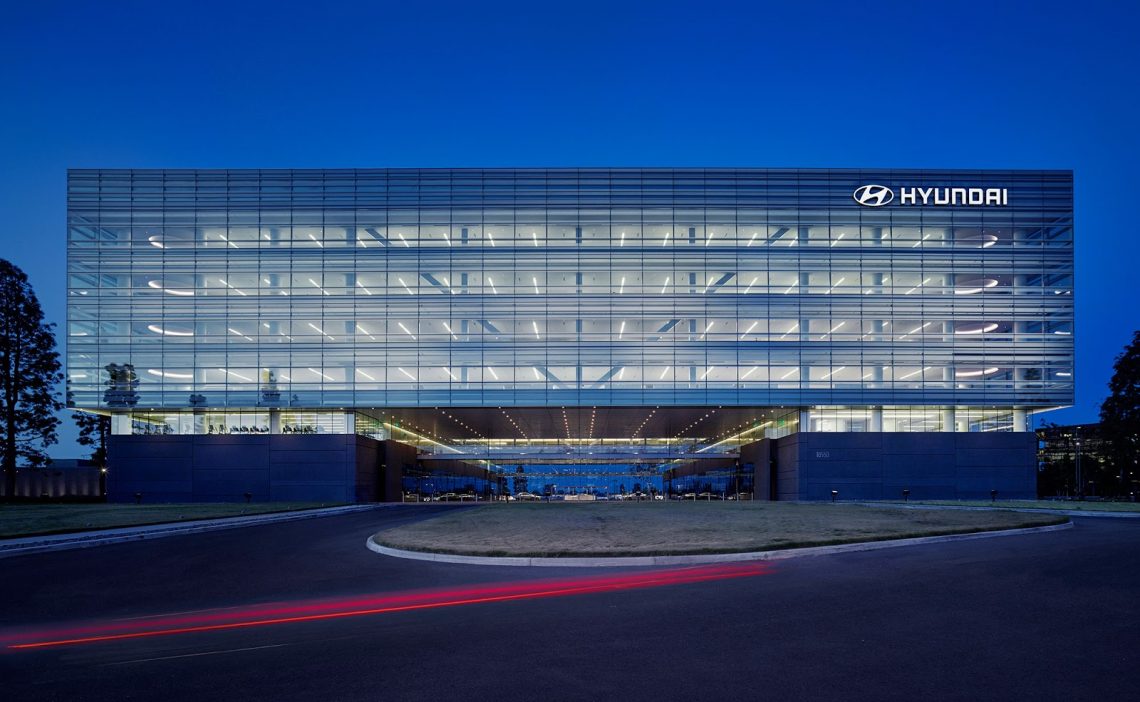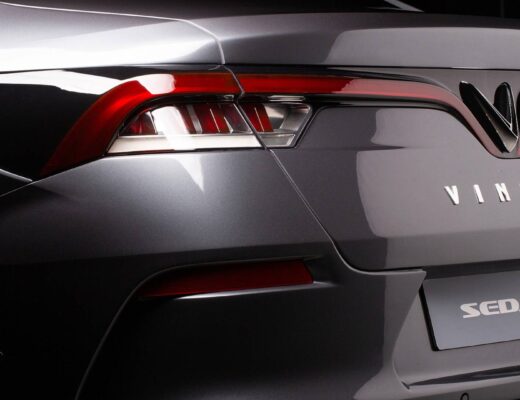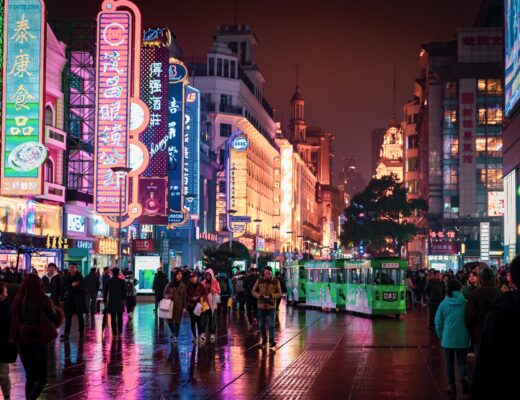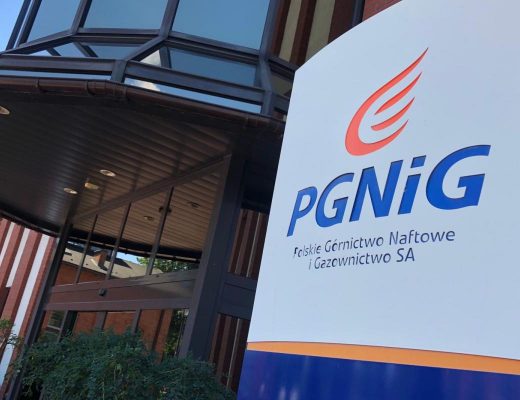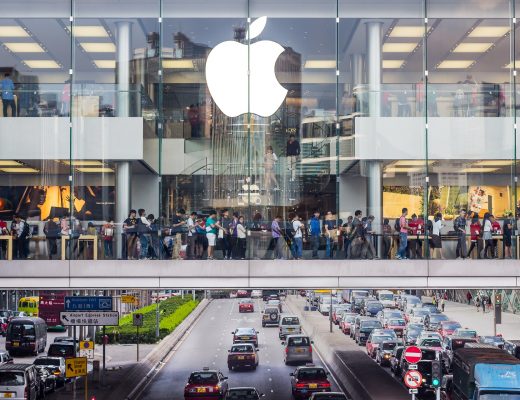Hyundai plans to expand production of electric cars in the U.S.
The Korean company Hyundai plans to expand its production in the United States. To this end, it will invest $7.4 billion in the construction of facilities for the development and production of electric cars.
Part of the allocated funds will also be used to modernize the existing production facilities. Hyundai plans to pay special attention to improving its approaches to autonomous driving. This strategy, aimed at expanding the automaker’s position, will be implemented by 2025.
The company said that investing in the U.S. market is a demonstration of commitment to U.S. customers. In addition, the country has high potential for the development of electric vehicles. Prior to that, Hyundai management emphasized that it wants to become a world leader in the electric mobility segment, and the expansion of production facilities in the U.S. is one of the steps to achieve this task.
Over the past few years, the Chinese automaker has significantly reduced the share of vehicles powered by an internal combustion engine. Electrification is now a priority for the company.
In addition to investing in U.S. enterprises, Hyundai wants to involve U.S. partners and government organizations. The goal of this joint work should be the development of hydrogen energy infrastructure and the popularization of this energy source in the United States. The first success in this direction is the conclusion of a memorandum with the Ministry of Energy, which was signed in early 2020. Under this agreement, the parties will develop new solutions to improve the efficiency of fuel cells, which use hydrogen.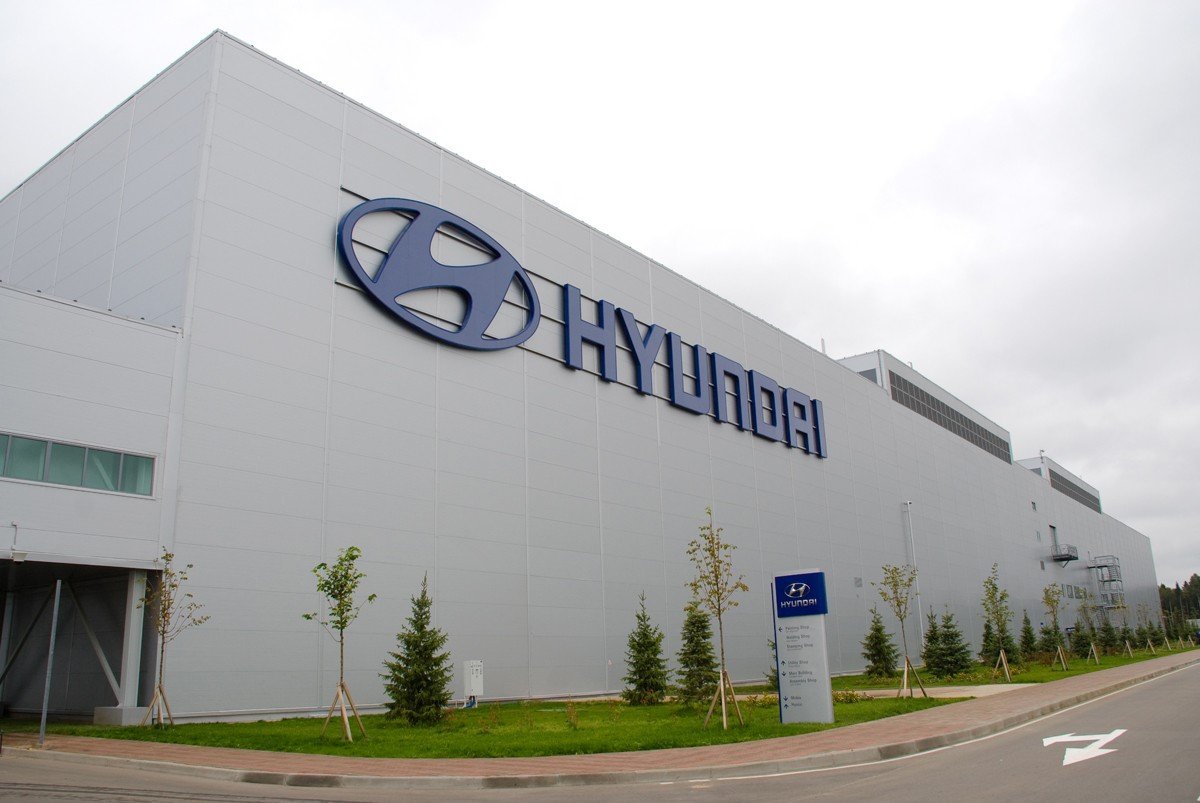 Automotive company Hyundai was founded in 1967, it was originally engaged in the production of the Ford Cortina. In 1973, the company had its own development department, and a year later it released the first model under the Hyundai brand.
Automotive company Hyundai was founded in 1967, it was originally engaged in the production of the Ford Cortina. In 1973, the company had its own development department, and a year later it released the first model under the Hyundai brand.
As early as 1991, Hyundai began developing electric cars, the first of which was the Sonata EV, which had enough charge for 70 km at 60 km/h.
The first work on hybrid cars began in the early 2000s. In 2004, the company released the first Click/Getz Hybrid, and a year later a hybrid version of one of its most popular models, the Accent, came out.
In 2013, the corporation introduced the world’s first crossover ix35 Fuel Cell, which ran on hydrogen and was equipped with a lithium-ion battery. The range of the car was 600 km.
Now the Korean corporation has a huge range of electric cars, which are supplied to different countries. The modern models have an updated suspension, they are equipped with powerful electric motors that have synchronous magnets. The production of cars that run on hydrogen is also actively expanding. For many years the company has been focused on environmental friendliness and reducing carbon dioxide emissions.
